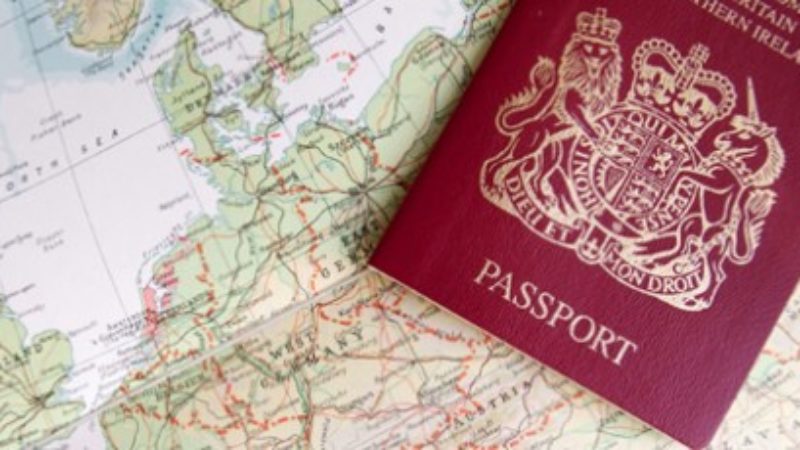
The first Tory budget in 20 years couldn’t be mistaken for anything less. George Osborne finally came clean on where the government will make substantial cuts making working people worse off and, in the words of Harriet Harman, “The great Northern Powerhouse is starting to look like the great Northern power-cut” as the government pulled its plug on railway electrification that it promised to deliver during the election. Let’s hope voters in Berwick upon Tweed, Hexham and Stockton South don’t forget this in 2020.

Osborne’s budget has been dissected by commentators left and right. But there remains one surprising fact no one’s noticed: immigration is forgotten. And that’s a mistake.
The budget is 123 pages long. But there is only a single mention of ‘immigration’. It is used just once to refer to non-doms. Nowhere else. Nada. Zilch.
This is not enough and it’s surprising to see this from a government that claims to take immigration seriously. There’s no mention of borders or Calais either.
At a time of increasing pressures on public services, the government should be looking to reintroduce a Migration Impacts Fund through a new surcharge on visa applications. This is an opportunity lost. My research has shown at least £11.7m could be raised by a £25 levy that could be bid for by local authorities to reduce pressure on public services supporting English language training, extra support teachers, public transport and improve emergency services.
The government’s ‘health surcharge’ introduced during the election campaign is an election stunt full of loopholes, as I’ve argued before for LabourList. This is a new £200 annual surcharge and £150 for students to address the concern that there are health tourists costing the NHS considerable sums. These add up to big sums for the NHS, but don’t look for them in the budget.
But this fee is collected only from non-EEA nationals and not all migrants, there are nearly a dozen exemptions altogether and money directed from this surcharge to local NHS services will not follow migrants should they move elsewhere. Given that migrants are much less likely than British nationals to use the NHS, this may seem like a ploy intended not to offset migrant use of the health service, but instead provide a new income stream to top up the NHS budget. But this still leaves other public services under pressure like schools and transport where the government remains too slow to act.
The government’s problems don’t end there. The newly rebranded ‘living wage’ might make the UK more attractive to increased migration. This policy may be aimed at a domestic audience, but have an impact beyond our borders. This may raise new headaches for the government’s attempts to achieve reduced net migration. I wonder if Iain Duncan Smith will be triumphantly waving his fists and shouting ‘fantastic’ when the figures are in!
Ed Miliband received a lot of criticism for what he didn’t say at our last party conference. George Osborne should get his fair share of criticism for forgetting the importance of migration. It’s time the government began listening to migrants – and to voters.
Thom Brooks is Professor of Law and Government, a columnist for regional newspaper The Journal and Communications Lead for Sedgefield MP Phil Wilson.




More from LabourList
Sadiq Khan signals he will stand for a fourth term as London Mayor
Starmer or Sarwar: Scottish Labour MSPs and MPs split over Keir Starmer’s future
‘Every Lidl helps: What can the Government do to bring down food prices?’